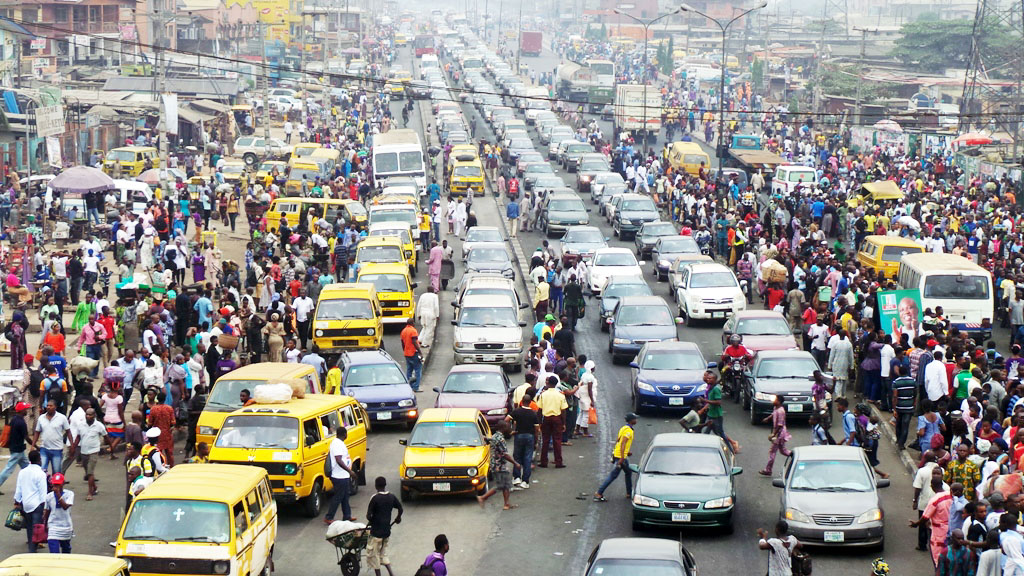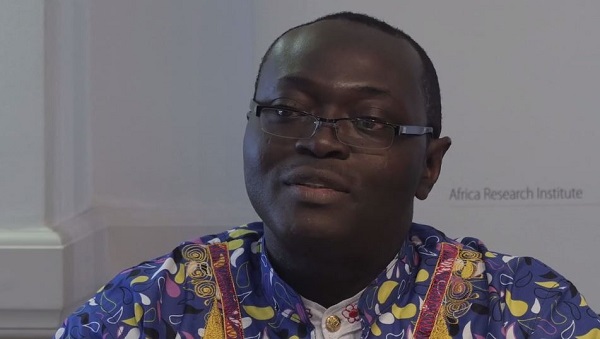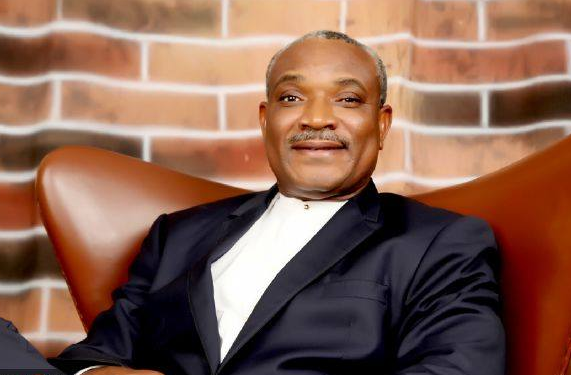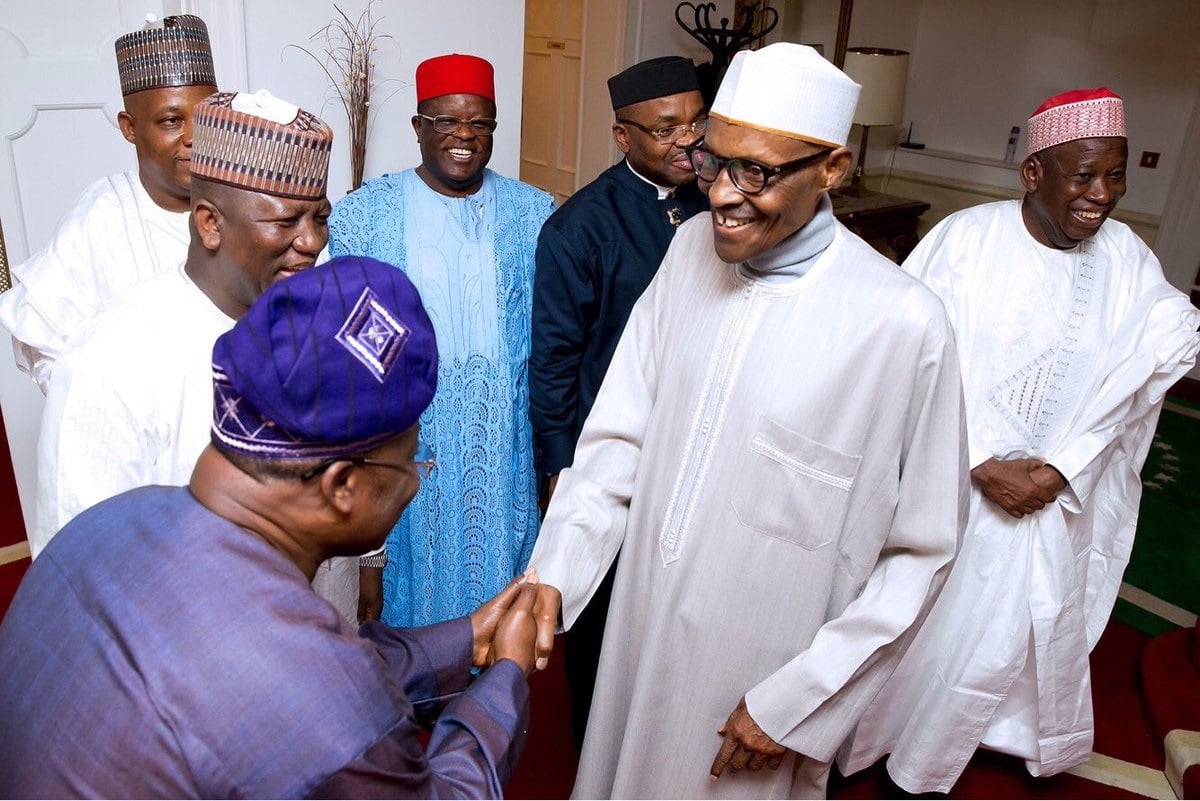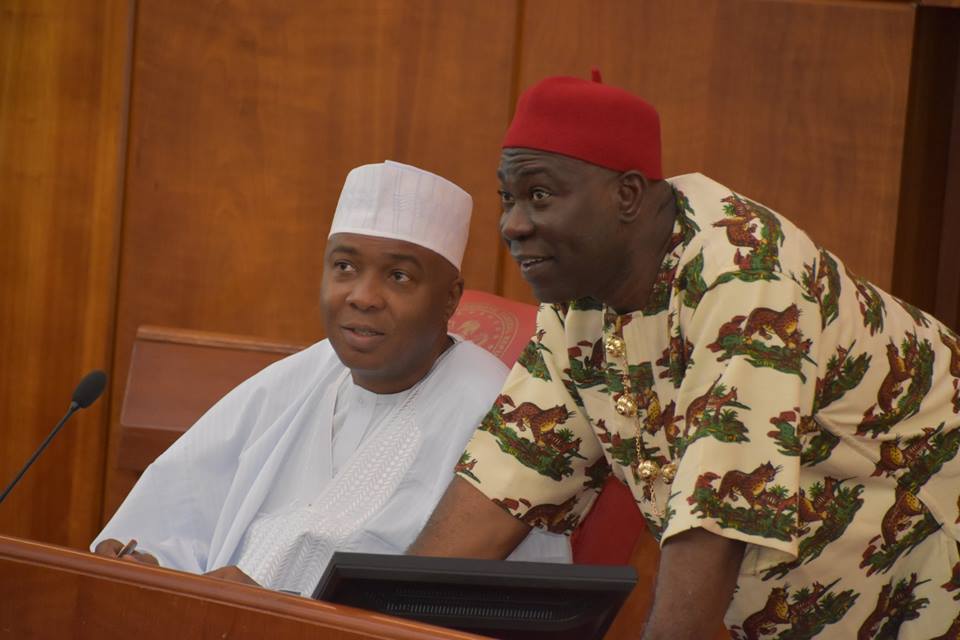It has certainly been a lively year for the Nigerian economy as it continues to diversify away from oil reliance while juggling with a currency crisis and Dollar shortages created by low oil prices.
Although the nation still remains exposed to external risks, there has been some optimism over the economic landscape stabilizing, with the improving macro fundamentals fueling speculations of an economic rebound by the end of 2017. Early signs of recovery can already be seen across Gross Domestic Growth, falling inflation and foreign exchange rate stability. Even the International Monetary Fund (IMF), who previously warned of a potential economic collapse back in March, has turned positive and projected that Nigeria’s economy will grow at a faster pace than South Africa’s in 2018.
The current speed of Nigeria’s recovery can be described as slow and steady, with the macro-fundamentals gradually stabilizing. Inflation has cooled for the fifth consecutive month in June at 16.1% illustrating further signs of price stability while manufacturing and non-manufacturing activities have both moved in a positive trajectory. The Naira continues to display resilience against the US Dollar this year, with prices currently trading around 363 on the black market exchange.
Although the repeated intervention by the Central Bank of Nigeria has heavily attributed to the Naira’s recovery and stability, confidence over Nigeria’s economic recovery continues to play a leading role. While the local currency may experience further stability in the coming months as the Central Bank of Nigeria intervenes, the multiple exchanges have left the foreign exchanges divided and continue to pose a risk to investment. Rather than using the foreign exchange reserves to support the Naira, the CBN should work towards cleaning up the multiple exchanges, while allowing the natural forces of supply and demand to determine the Naira’s true equilibrium value.
Advertisement
Although I remain optimistic over Nigeria resurging from an economic meltdown and eventually breaking away from its dependence on oil as an engine for growth, there are still external risks which could present headwinds on the road to recovery. The greatest threat to Nigeria’s current recovery in the medium to longer term, is depressed oil prices. Falling oil has the ability to directly impact the nation’s government revenues, external reserves, and stability of the nation’s foreign exchange market.
Another risk in the pipeline that could pressure Nigeria’s recovery is OPEC’s recent decision to cap the nation’s oil production to 1.8 million barrels per day, especially when the budget proposal is based on 2.2 million barrels per day at $44.50 per barrel. It should be kept in mind that restricting production not only poses a threat to the budget but also is seen as a disincentive for investment.
Investors should pay close attention to higher US interest rates which have the ability to boost the US Dollar ultimately pressuring emerging markets, with Nigeria fitting into the category. While the threat of capital outflows from a strengthening US Dollar may expose the Nigerian economy to downside shocks, it should also be kept in mind that a portion of the government revenues is recouped from oil which is priced in Dollar. In the longer term, an appreciating Dollar from higher US rates will not only diminish the value of the government’s working revenue, but also enforce pressure on the nation’s black market exchange.
Advertisement
The Central Bank of Nigeria is likely to remain in the spotlight in the third quarter of 2017 as investors wait to see whether interest rates will be hiked or trimmed. Nigeria’s ongoing mission to diversify from oil reliance, as well as a sharp drop in oil which triggered a currency crisis, have encouraged the CBN to maintain its key interest rates at 14% in July. While the central bank is likely to remain on standby in the short term as Nigeria nurses its wounds, a rate cut could be on the cards in the medium to longer term if inflation continues to follow a negative trajectory and other forms of hard economic data improve.
Focusing on the fiscal side, this still remains a gray are with the nation’s long-running infrastructure problems compounding to its woes. With the overall projected fiscal deficit tagged at N2.36 trillion one can only hope that the approved budget offers a helping hand to the nation. Nigeria is in urgent need for robust infrastructure as major roads are in poor condition; the power sector remains a cause for concern while health and education need to be revamped. Rectifying these issues has the ability to not only create jobs but also support economic growth and boost investor confidence.
As we head deeper into the third quarter of 2017, market players may closely observe hard domestic data at home to gauge the nation’s health and verify if an economic recovery really is on the cards for 2017. Nigeria’s mission to diversify away from oil reliance while recovering from an economic deceleration remains an ongoing quest and it will be interesting to see how far the nation has progressed by year end.
Advertisement
Views expressed by contributors are strictly personal and not of TheCable.
Add a comment

